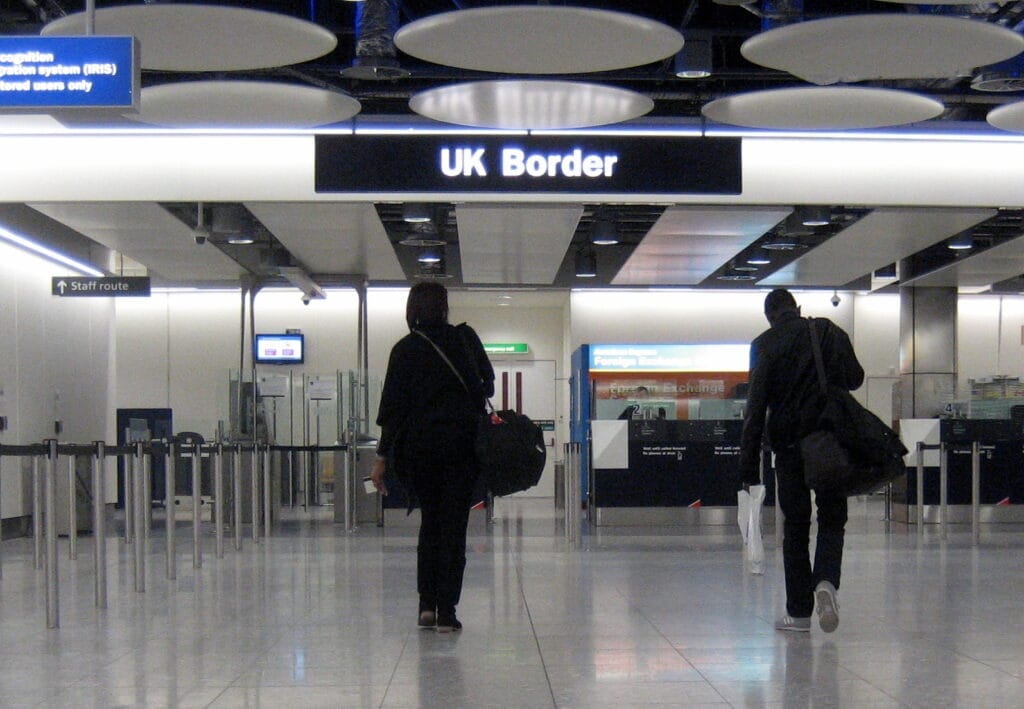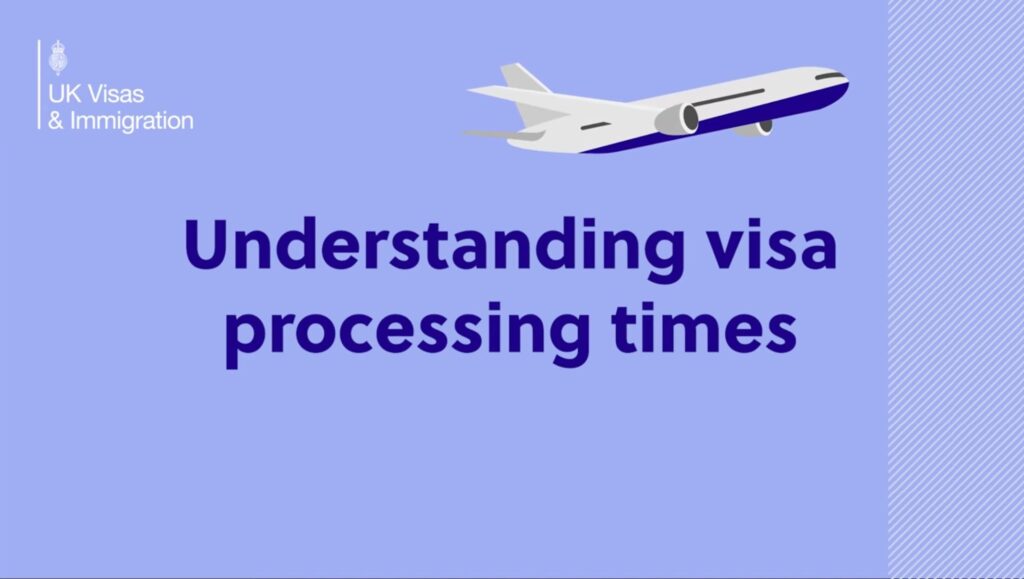The MAC’s Review of Family Visa Financial Requirements
In a comprehensive report addressed to the Home Secretary, the Migration Advisory Committee (MAC) has outlined critical findings and recommendations concerning the financial thresholds for family migration in the UK.

This review responds to the government’s directive issued on September 10, 2024, and aims to strike a delicate balance between facilitating family reunification and safeguarding the country’s economic interests.
A complex balancing act
The core focus of the report is the establishment of an appropriate Minimum Income Requirement (MIR) for those sponsoring family members to migrate to the UK. The government tasked MAC with providing guidance on how to set this threshold in a manner that respects individuals’ right to family life while also protecting the nation’s economic and fiscal integrity.
The challenge lies in navigating a landscape of competing values and complex trade-offs. On one hand, a lower MIR can make family reunification more accessible, fostering social cohesion and supporting the well-being of families. On the other hand, a higher threshold can serve to limit migration, potentially reducing fiscal costs and managing population growth. The report emphasises that there is no simple technical solution; instead, policymakers must weigh social, ethical, and fiscal considerations.
Four distinct options
1. Standard of Living: This approach considers the income necessary to meet basic living standards, ensuring families can support themselves comfortably.
2. Benefits: Here, the focus is on income levels that qualify recipients for certain state benefits, aligning migration thresholds with social support criteria.
3. Fiscal: This option emphasises the impact on public finances, aiming to prevent undue fiscal burdens from migrant families.
4. Average Earnings: This method bases the threshold on the average earnings within the UK, maintaining consistency with typical income levels.
While each approach has merits, the committee highlights that a lower threshold could facilitate family reunification but might incur higher net costs to taxpayers. Conversely, a higher threshold could support fiscal objectives but risk excluding families and potentially causing social harm.
Recommended Financial Thresholds
Based on their analysis, MAC suggests that reasonable measures for the sponsor’s income fall within a range of approximately £19,000 to £28,000 annually. This range considers various methodologies, including full-time employment at the National Living Wage, which yields thresholds between £23,000 and £25,000.
The committee also examines measures that influence the fiscal impact of partner migration, such as focusing on the migrant’s income or broader economic contributions. They note that solely testing the sponsor’s income may not fully capture the economic impact, especially since partner earnings can significantly contribute to the household’s financial stability.
Furthermore, MAC acknowledges the trade-off involved in setting a higher MIR aimed at reducing net migration, which might also lead to increased hardship for families and children. They express particular concern about the negative effects on British children who are separated from one parent due to strict financial requirements, emphasising the importance of minimising such separations wherever possible.
Implications for Policy and Family Welfare
One of the key insights from the report is that the current policies can have profound social impacts, especially on children’s well-being. The committee urges the Home Office to review existing policies to better minimise the separation of children from their parents, recognising the importance of family cohesion for child development.
Technical Recommendations for Policy
Beyond setting thresholds, MAC offers several technical suggestions to improve the application process:
– Considering the Main Applicant’s Income at Entry Clearance: Recognising the significance of the earnings of the non-UK applicant, the committee recommends that their income be considered from the outset, rather than solely focusing on the sponsor’s income.
– Reassessing the Adequate Maintenance Test: The current test for financial stability has flaws, and MAC proposes exploring alternative approaches. One option is removing the financial test altogether for certain qualifying individuals while maintaining the requirement for adequate accommodation.
– Data Collection and Evaluation: The committee identifies a significant deficit in consistent data collection by the Home Office, which hampers effective policy evaluation. They recommend implementing improved data collection methods to better understand the impact of visa policies and inform future decisions.
Balancing Ethical and Economic Considerations
The MAC report underscores that setting the MIR involves complex ethical considerations. While higher thresholds may serve fiscal and migration control objectives, they risk undermining family life and social cohesion. Conversely, lower thresholds facilitate family reunification but may impose fiscal strains.
The committee emphasises that policymakers must carefully consider these trade-offs and ensure that policies do not inadvertently cause harm to vulnerable populations, particularly children. Maintaining a humane and family-centred approach aligns with the UK’s commitments to human rights and social justice.
By presenting multiple options and highlighting their social and fiscal implications, the report offers valuable guidance for policymakers striving to create a balanced migration system. The key takeaway is that any adjustments to the MIR should be made transparently, considering both economic realities and the fundamental human right to family life. As the UK continues to navigate its migration policies, integrating these insights will be crucial to fostering a fair, sustainable, and compassionate approach to family migration.
Immigration Support is at Hand
Smith Stone Walters will monitor for any subsequent changes to the immigration system and provide updates when more information is available. If you have questions about your staff relocating to the UK, we’d be delighted to help. To speak to an advisor, please contact us today.















